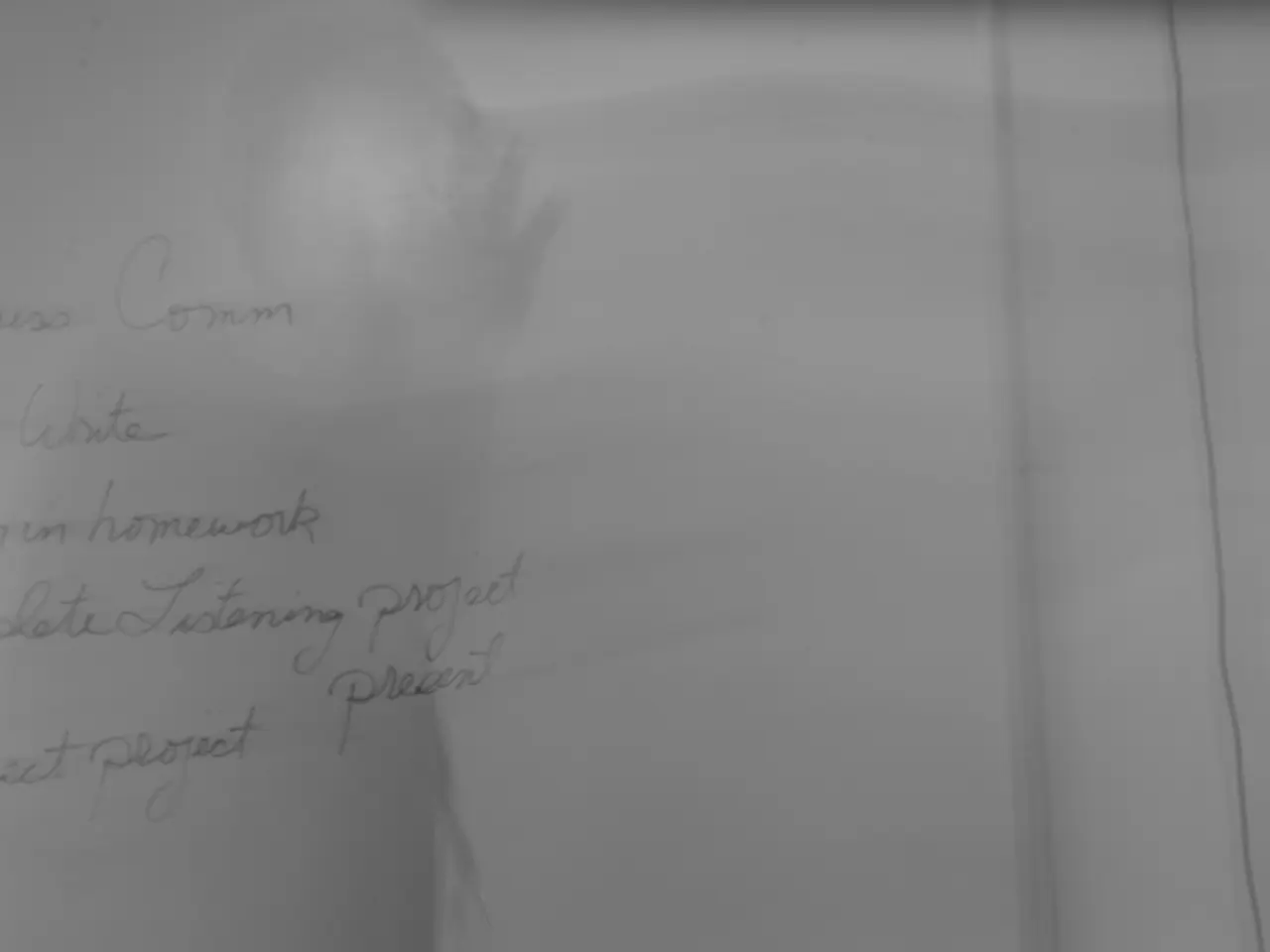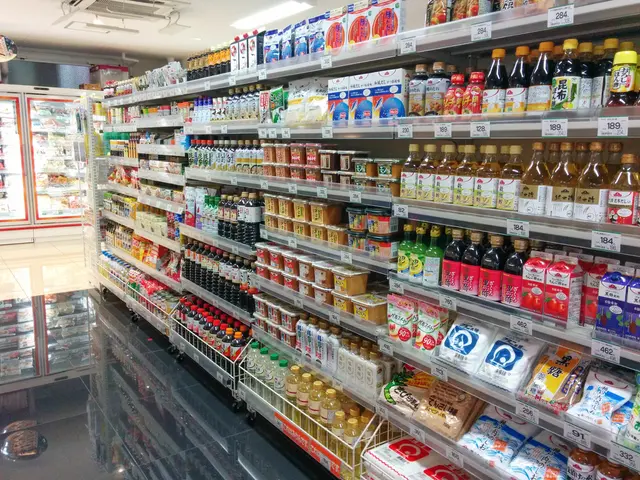Bank of England's Unusual Decision Unfolded: Jessica Clark Witnessed the Three-Way Stalemate...
Rising Food Prices and Inflation in the UK: The Impact of Tax Policies
According to the Bank of England's Monetary Policy Committee (MPC) report and related analyses, tax policies have contributed to rising food prices and higher inflation in the UK.
The Bank of England identified that increases in the National Minimum Wage and employers’ National Insurance contributions have driven up costs for businesses, which in turn have pushed supermarket food prices higher. This wage and tax-driven price rise is a major component in the recent inflation spike, which the Bank has noted will peak above previous expectations and remain elevated for the next two years.
The MPC's analysis indicates that these fiscal measures are adding upward pressure on inflation, complicating the economic outlook by slowing growth and potentially delaying reductions in interest rates. This implies that the tax and wage-related policies introduced under Rachel Reeves’s chancellorship have a self-inflicted aspect to the inflationary pressures currently seen, particularly in everyday essentials like food.
Other tax changes under Reeves, including inheritance and packaging taxes, are also increasing costs for consumers and businesses. These additional costs may indirectly exacerbate inflation and economic stagnation.
In an effort to save money, businesses are making cuts to staffing levels. Redundancies and hiring freezes are becoming common as companies struggle to balance their books in the face of rising costs.
The Bank of England forecasts inflation to peak at around 4% in September 2025, driven largely by food and energy costs, with these tax-driven price rises an important element.
In response to these challenges, the Bank's governor, Andrew Bailey, cautioned that subsequent rate cuts must be done "gradually and carefully." Only one member, Professor Alan Taylor, voted to cut rates faster, by 0.5 percentage points to 3.75%.
Shoppers are responding to the cost increases by buying own-brand products, cheaper cuts of meat, and larger value packs. Despite these efforts, food inflation is expected to peak at 5.5% this year. Grocers reported strong sales of 'premium ready meals' as Britons held back on eating out at restaurants in a bid to save money.
However, some products, including coffee, chocolate, and beef, have increased in price due to weather conditions. These price increases, in addition to the tax-driven rises, are putting further pressure on supermarkets and consumers alike.
A new packaging tax later this year is expected to further increase pressure on supermarkets. This tax, along with other tax reforms, may deter investment and exacerbate inflation and economic stagnation.
In summary, the Bank of England report assigns significant responsibility to Rachel Reeves’s tax policies for the recent surge in food prices and inflation in the UK economy. The report warns that these policies are slowing economic growth and risking a longer period of high inflation and interest rates. Businesses are making cuts to staffing levels in an effort to save money, and consumers are adjusting their shopping habits to cope with the rising costs. The Bank of England forecasts that inflation will peak at around 4% in September 2025, with food and energy costs driving the increase.
Mortgages could become less accessible as businesses face staff reductions and financial strain, potentially impacting the economy. Additionally, the increased costs for consumers and businesses due to taxes such as inheritance tax and packaging tax might necessitate reviewing financial and insurance plans.




